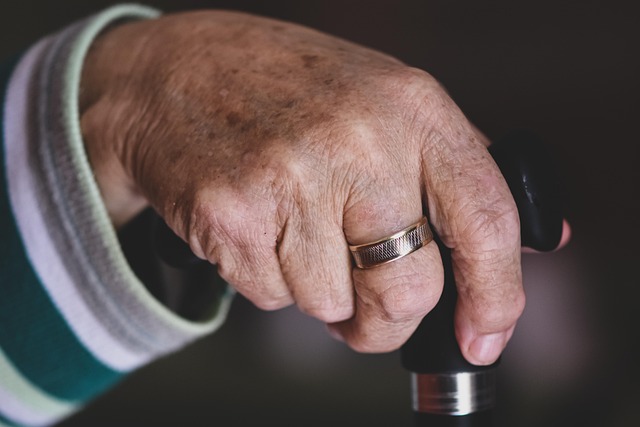Healthcare providers in St. Louis play a critical role in recognizing and preventing elder abuse, especially physical, emotional, financial, and sexual exploitation of vulnerable seniors. Signs include unexplained injuries, behavioral changes, financial irregularities, and unfamiliar companions. Elderly sexual assault attorneys St. Louis collaborate with healthcare providers to offer legal support and protect victims. Missouri's stringent laws against sexual misconduct target abusers and create a safer environment for seniors. Healthcare providers can prevent abuse through vigilance, regular check-ins, comprehensive assessments, open communication, promoting autonomy, and informed consent. Collaboration with local agencies and community organizations further strengthens the safety net for St. Louis' elderly population.
In St. Louis, healthcare providers play a pivotal role in preventing elder abuse, a silent epidemic affecting vulnerable seniors. This article explores the multifaceted approach to identifying and addressing this complex issue. From recognizing subtle signs of abuse to understanding the legal framework offered by elderly sexual assault attorneys in St. Louis, healthcare professionals are equipped with crucial knowledge. Additionally, we delve into preventative measures, highlighting strategies to enhance patient safety and foster a culture of care within St. Louis’ healthcare community.
Recognizing Elder Abuse: Signs and Symptoms Every St. Louis Provider Should Know
Recognizing elder abuse is a critical skill for healthcare providers in St. Louis, as early detection can prevent severe harm and even save lives. Elderly individuals, especially those with cognitive impairments or limited mobility, are often vulnerable to physical, emotional, financial, and sexual exploitation. Signs of abuse might include unexplained injuries, such as bruises, fractures, or burns, along with unusual behavior like sudden changes in mood, withdrawal from social activities, or extreme anxiety.
Healthcare providers should also look out for financial irregularities, unexpected changes in legal documents, or the presence of an unfamiliar person frequently accompanying the elderly patient. In cases of sexual abuse, victims might exhibit signs of non-consensual activity, including physical injuries, STIs, or unusual behavior related to sexual health. St. Louis elderly sexual assault attorneys often collaborate with healthcare providers to ensure proper care and legal support for these vulnerable individuals.
The Legal Framework: How Elderly Sexual Assault Attorneys in St. Louis Support Victims
In the fight against elder abuse, the legal framework plays a critical role in supporting and protecting vulnerable adults. Elderly sexual assault attorneys in St. Louis are dedicated professionals who specialize in this area, offering crucial assistance to victims of sexual exploitation and assault within the senior population. Missouri has established laws to prevent and address elder abuse, including sexual misconduct, with strict penalties for perpetrators. These attorneys ensure that victims’ rights are upheld, providing them with legal representation and guidance throughout the process.
They work closely with local healthcare providers and law enforcement to investigate and prosecute cases of elderly sexual assault, offering specialized knowledge about the unique challenges faced by older adults. Through their expertise, they help raise awareness, educate communities, and advocate for policy changes that strengthen protections for vulnerable seniors. By holding perpetrators accountable, these attorneys contribute significantly to fostering a safer environment for the elderly in St. Louis.
Preventative Measures: Strategies for St. Louis Healthcare Providers to Safeguard Elderly Patients
St. Louis healthcare providers play a pivotal role in preventing elder abuse, especially considering the rise in instances involving vulnerable elderly individuals. They are on the front line, interacting regularly with patients who may be at risk or experiencing forms of mistreatment. By implementing preventative measures, these professionals can significantly reduce the likelihood of abuse and neglect.
One key strategy involves staying vigilant for signs of potential harm. Healthcare providers should be educated to recognize physical, emotional, financial, and sexual abuse indicators specific to elderly patients. Regular check-ins, comprehensive patient assessments, and open communication with family members or caregivers enable early detection. Moreover, promoting patient autonomy and ensuring informed consent can deter potential abusers by making it easier for vulnerable individuals to refuse inappropriate care or requests. Collaborating with local law enforcement agencies, social services, and community organizations specializing in elder abuse also strengthens the safety net around St. Louis’s elderly population, including those who may be victims of sexual assault, as evidenced by cases handled by elderly sexual assault attorneys in the city.






